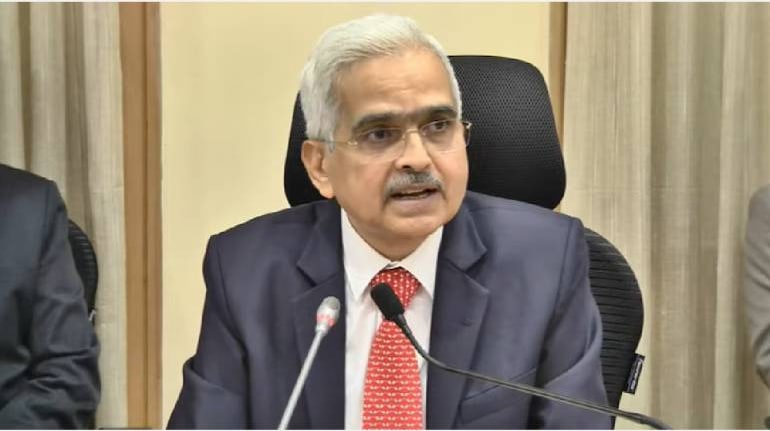



The higher-than-expected retail inflation print for April has sent tongues wagging, with experts seeing the June 6-8 meeting of the Reserve Bank of India's (RBI) Monetary Policy Committee (MPC) as "super live" for another repo rate hike.
Data released on May 12 by the statistics ministry showed Consumer Price Index (CPI) inflation soared to 7.79 percent in April - the highest since May 2014. Not only is the April inflation number sharply higher than it was in March, it is also above economists' expectations of 7.5 percent. With core inflation also surging to 7.0 percent from 6.4 percent in March, economists see the repo rate being raised again on June 8.
"We see June's policy to be super-live, and the MPC may front-load rates by another 25-40 basis points," said Madhavi Arora, lead economist at Emkay Global Financial Services.
Rahul Bajoria of Barclays was even more hawkish, saying the repo rate could be raised by 50 basis points on June 8.
"Our calculations suggest that inflation could remain above the RBI's target band for three consecutive quarters (Q1-Q3 2022), marking the first official 'failure' of the monetary framework," the economist said.
The MPC is said to have failed if average CPI inflation is outside the mandated 2-6 percent band for three consecutive quarters. Inflation averaged 6.3 percent in the first quarter of 2022, meaning 6 percent-plus inflation in April-June and July-September will see the MPC fail to meet its mandate.
Bajoria expects the MPC to vote in favour of a 50-basis-point hike in June and follow it up with a 25-basis-point hike in August.
Aditi Nayar, ICRA's chief economist, expects the repo rate to be raised by 40 basis points in June and 35 basis points in August.
Several economists see the repo rate at 5.15 percent after the August meeting of the MPC. This would mean the policy rate would have returned to its pre-pandemic level by the middle of FY23, with further rate hikes possible.
However, not everyone is of the opinion that the RBI must raise interest rates as rapidly.
"Considering weak growth and relatively stable core inflation (6-6.5 percent) expectation, we argue that India should resist aggressive and deep rate hike cycle," noted Nikhil Gupta, chief economist at Motilal Oswal Financial Services.
According to Gupta, while CPI inflation came in higher-than-expected in April, the underlying numbers are "not as concerning". One of the reasons why Gupta is opposed to a rapid increase in the repo rate is that imported inflation rose to 19.6 percent in April, with his calculations showing it contributed 2 percentage points to the headline CPI inflation number.
"It means the domestically generated inflation was 6.4 percent last month," Gupta argued.
The statistics ministry also released industrial growth data on May 12, which edged up to 1.9 percent in March from 1.5 percent in February - an improvement that has not impressed many even though it is the highest in five months.
"IIP for the month of March again showed a dismal performance," noted Sunil Kumar Sinha, principal economist at India Ratings and Research.
According to Sinha, India's industrial recovery will continue to face headwinds and will require more policy support. As such, he expects industrial growth, as measured by the Index of Industrial Production (IIP), to remain in "low single digits" in the near term.
Multiple economists voiced their concerns about the weakness in capital goods production, which grew a mere 0.7 percent year-on-year in March, down from an annual growth of 2 percent in February.
"The hope that private corporate investment may finally pick up in FY23 may get delayed in view of the global uncertainty caused by Russia Ukraine conflict and its spill over effect on domestic economy," Sinha added.
Discover the latest Business News, Sensex, and Nifty updates. Obtain Personal Finance insights, tax queries, and expert opinions on Moneycontrol or download the Moneycontrol App to stay updated!